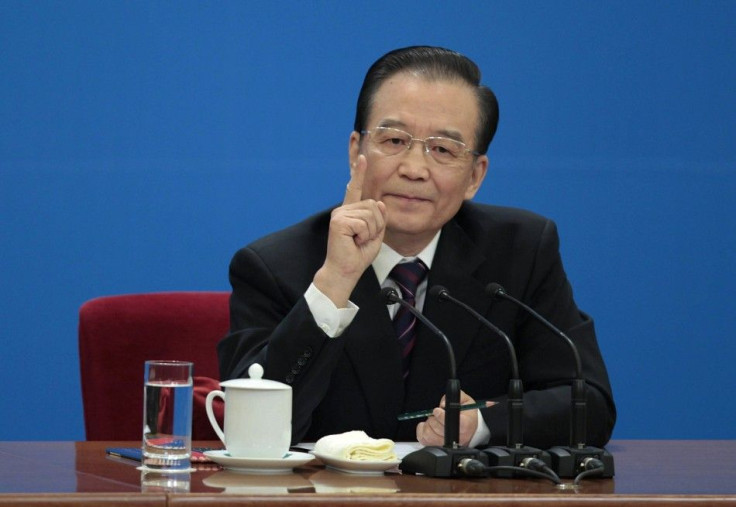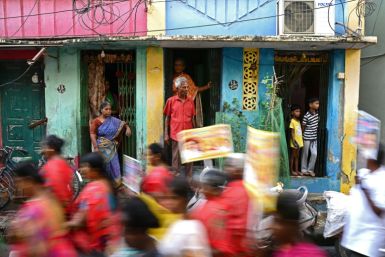China Should Eliminate One-Child Policy: Chinese Think-Tank

China's political leaders should rethink its one-child policy and allow married couples to have two children by 2015 in order to alleviate future demographic concerns, declared a report from a prominent state-affiliated Chinese think-tank.
The China Development Research Foundation, which is closely linked to Beijing's senior officials, recommends that the one-child policy be lifted immediately in certain provinces and removed entirely within two years. By 2020, the foundation posits, all limits on the number of children a family can have should be eliminated.
"China has paid a huge political and social cost for the policy, as it has resulted in social conflict, high administrative costs and led indirectly to a long-term gender imbalance at birth," said the Xinhua news agency, citing the think-tank's report.
“We have been discussing the one-child policy since 2000,” said Li Jiamin, a population studies professor at Nankai University, and a co-author of the study, according to the Daily Telegraph.
“It is just a matter of finding the right solution. Making the jump to two children is only a matter of time now.”
He added: “If China sticks to the one-child policy, we are looking at a situation as bad as the one in southern Europe. Old people will make up a third of the population by 2050.”
Associated Press noted however that the country's powerful National Population and Family Planning Commission has not issued a reply to the recommendations, suggesting top leaders may be wary of lifting birth restrictions which have been in place since 1980.
Beijing initially imposed the rule to curb a population explosion, but the rule is broadly unpopular among the public.
Cai Yong, an assistant professor of sociology at the University of North Carolina, Chapel Hill, told AP that the report represents a significant milestone.
"That tells us at least that policy change is inevitable, it's coming," he said.
"It's coming, but we cannot predict when exactly it will come."
Indeed, like many Western countries, China faces a slowing birth rate, a shrinking workforce and a rapidly aging population. The policy is believed to have triggered millions of abortions (particularly of infant girls) and forced sterilizations.
Estimates of the number of births that have been avoided by the policy range as high as 400 million.
"It has been thirty years since our planned economy was liberalized," commented Wang Yi, a Chinese businessman, according to AP.
"So why do we still have to plan our population?"
Last year, President Hu Jintao declared the one-child policy will remain in place, however given the imminent changes in political leadership on Nov. 8, the policy could be reviewed at the highest levels of government.
© Copyright IBTimes 2024. All rights reserved.











